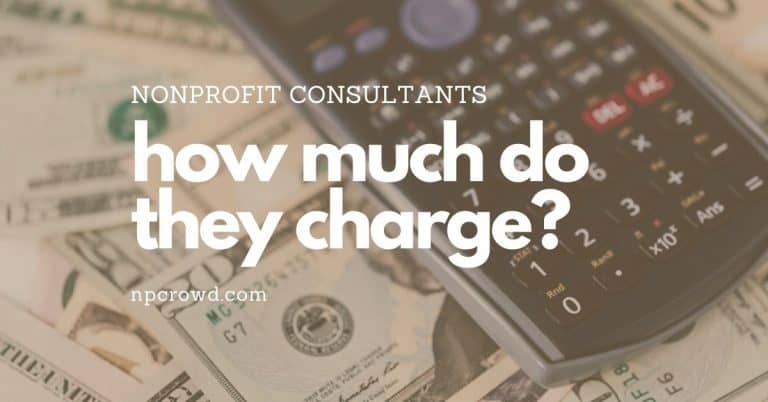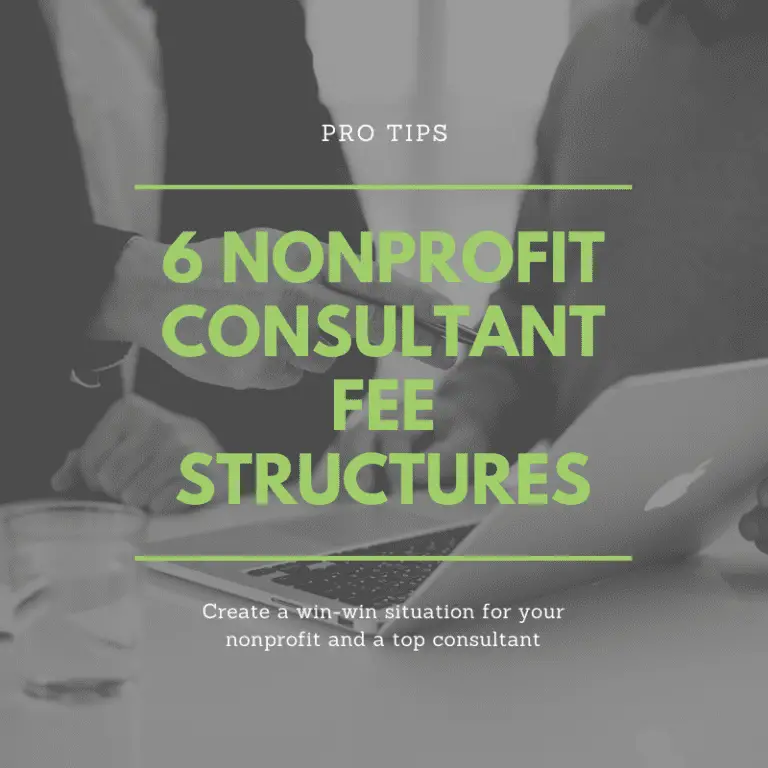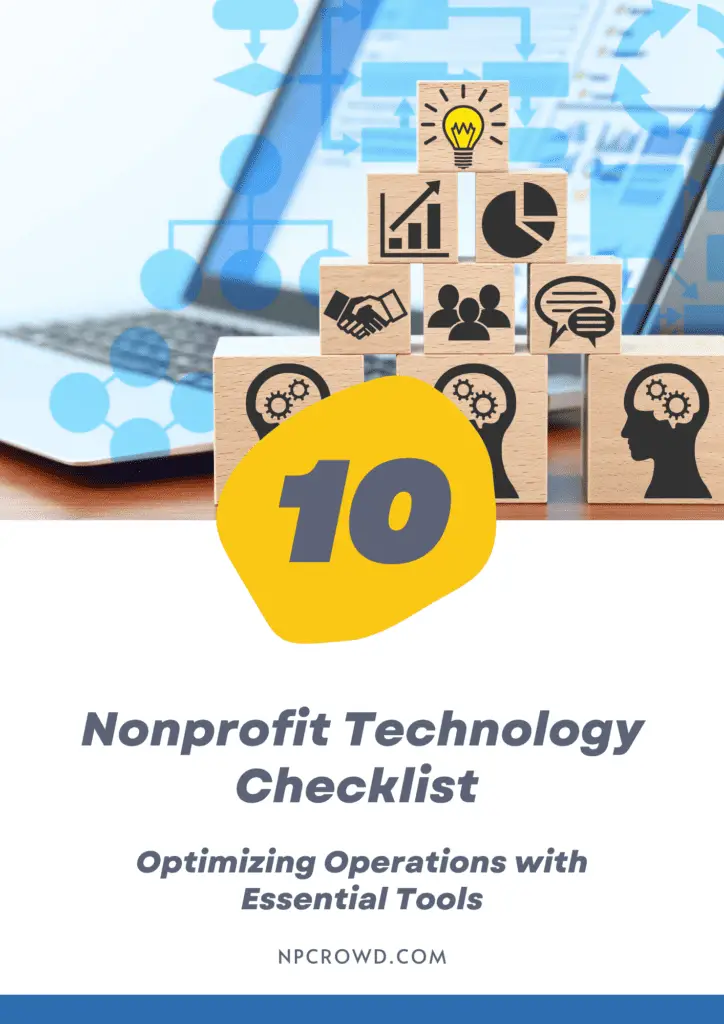Hiring Nonprofit Consultants: Is It Worth it – 6 Scenarios
Disclaimer: This post may contain affiliate links. These links, if used and purchases made, we may earn a small commission. These affiliate programs do not impact the recommendations we make or the resources we refer you to. Our focus is on providing you the best resources for your nonprofit journey.
Setting compensation for a new hire? See what comparable nonprofits actually pay.
Before you extend an offer, know where it lands in the market. ExemptPay lets you look up free salary benchmarks from 3M+ Form 990 records – then generate a Board Confidence Report with peer group data and minutes-ready language your board can approve.
Additional Resources
- FEP Reports for AFP members – https://afpglobal.org/FundraisingEffectivenessProject
- Salesforce Nonprofit Cloud CRM – https://www.salesforce.org/nonprofit/
- Heller Consulting – CRM Implementation Services – https://teamheller.com/what-we-do/implementation/salesforce







